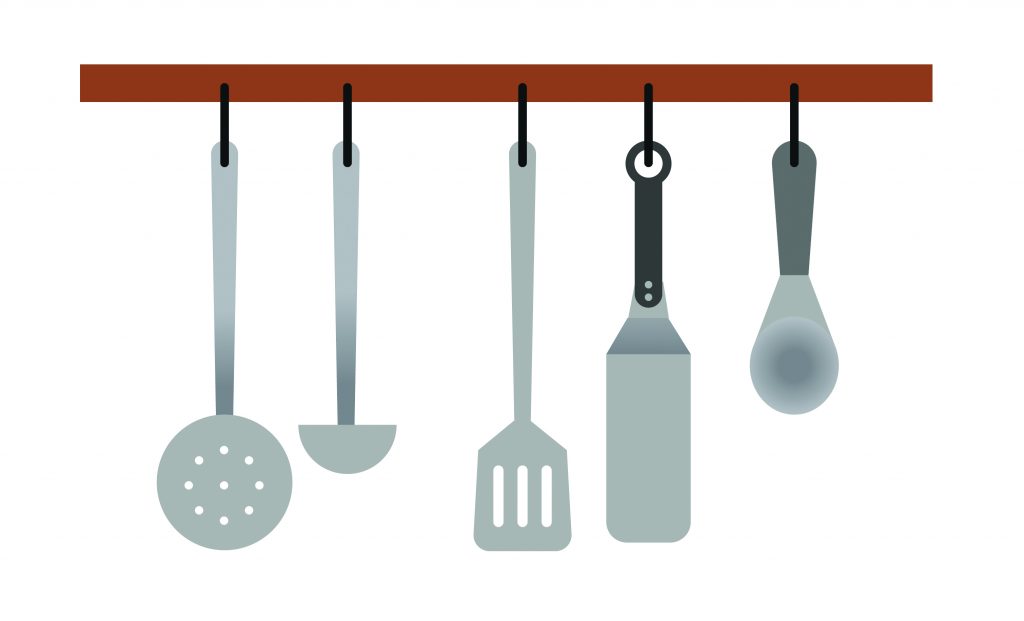Learning basic cooking skills in college is essential

By Arry Schofield —
The kitchen situation on campus can be difficult. Some students have full-sized apartment kitchens, while others are painstakingly making the trek from their dorm to a community kitchen.
No matter what category you fall under learning basic kitchen skills in college is essential.
No one wants to live off of pre-packaged foods and under seasoned pasta in dining halls forever. To help you a long, here are a few key things to begin your practice:
“Mise en Place”
The concept behind mise en place, French for “everything in its place,” is to gather and prep all of your ingredients before the start of the cooking process.
This is common in professional kitchens, but it still applies to anywhere as simple as dorm cooking. Bringing your ingredients back and forth between your dorm and the community kitchen is a pain, but practicing mise en place will make things just a little bit easier.
Read over your recipe, anticipate everything you need, and have everything laid out and ready to go.
There’s nothing worse than running around like a beheaded chicken trying to find the salt and pepper, when you could’ve had it right in front of you the whole time.
Proper Knife Skills
Learning how to handle a knife properly isn’t just for efficiency; it’s to avoid any mistakes that could lead you to a hospital.
As tempting as they are, $1 knives are more dangerous than a bang for their buck.
A blunt knife blade requires more work and pressure to cut through things, which increases the chance that it will slip and cause a pretty nasty gash.
Holding a knife properly might seem awkward at first, but once you get the hang of it, you’ll become a (very safe) pro.
Your thumb and pointer finger should be grasping the blade, while the rest of your hand should be around the handle. This gives you absolute control over where your blade goes.
How to Care for What You Have
Whether the cookware is your own, property of your dorm or something that your grandma gave you before you moved in, learning to care for them properly will give everything years and years of life.
Cast iron skillets are one of the best and most versatile things a kitchen can have, and they may be more attainable than you think.
Skip the $200 luxury pans, and head to a thrift store. The cast irons might be a little rusty, but with proper cleaning they can be revived in no time.
That being said, never, no matter how tempted you are, wash cast iron with water. Trust me.
Many other pots and pans can be damaged in the dishwasher, so be sure to read the instructions carefully, or opt for hand-washing if you still aren’t sure.
Don’t Be Afraid to Experiment
If you don’t go out of your comfort zone, you’ll never have the chance to experience new things. Taste everything, try new combinations and figure out what you like.
Staying complacent in following the same recipes over and over can diminish any love you have for cooking, so don’t be afraid to spice things up every once in a while. Even if it’s as simple as adding an egg to ramen, or some fresh basil to ready made spaghetti sauce.
Graphic by Shayla Kerr / The Louisville Cardinal
Source: You butter believe this is the recipe of yeast resistance



